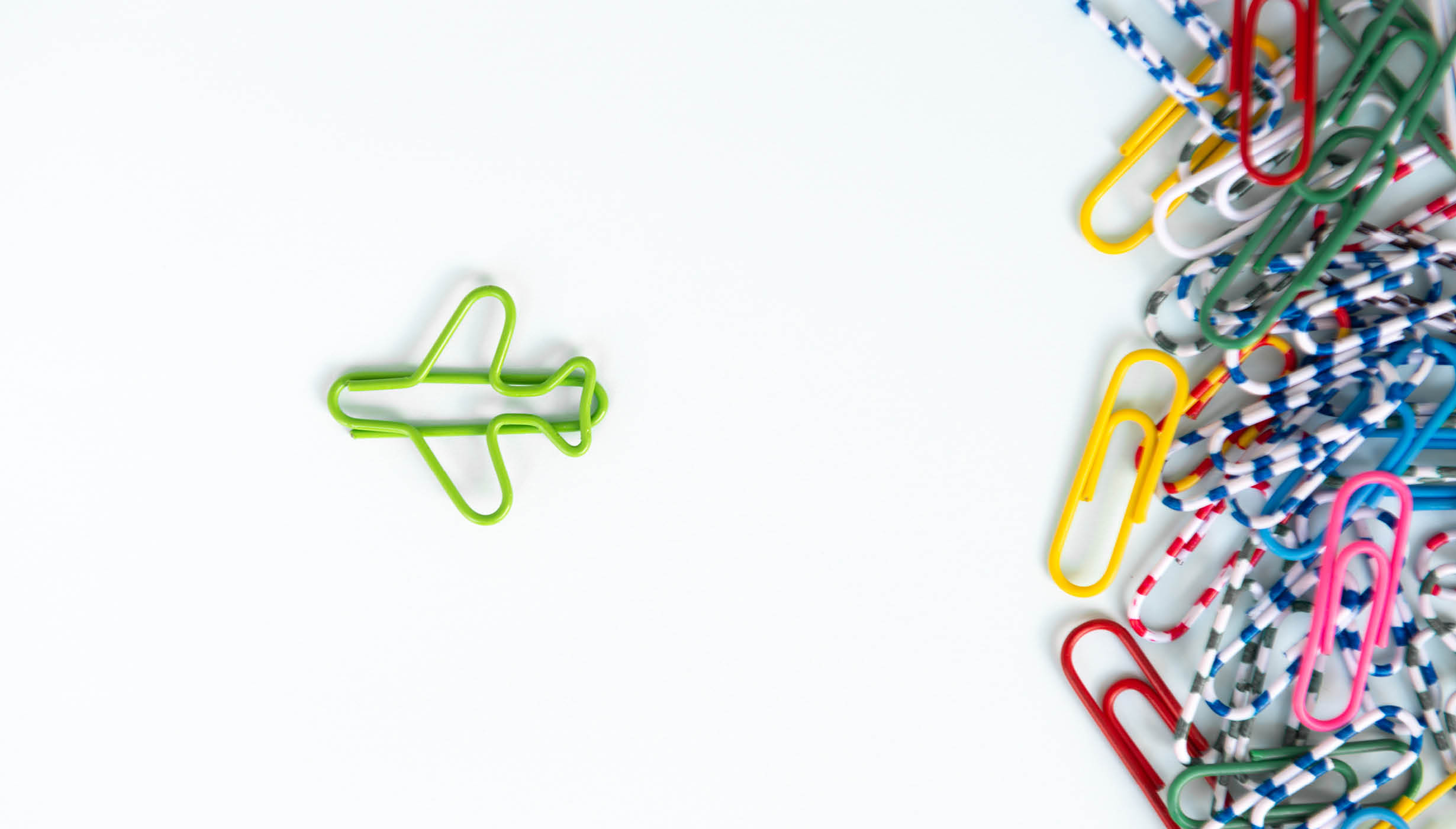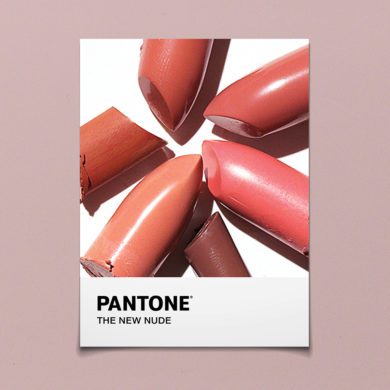I can’t remember the last time I was bored, and this is not because my life is filled with intellectual riches. I do a lot of washing, cleaning, watching children run round parks and all of the other mundane activities that comprise life as a working mother.
But when I’m washing, I’m listening to podcasts. Even at the park I steal glances at my phone. There are very few moments where my brain is allowed to wander. And if it does, I distract it with technology.
Apparently, this is not a good thing.
In fact there’s a growing body of research that suggests periods of boredom are important for creativity and self-awareness. Only when our minds are left disengaged, goes the theory, do we come up with new ideas and novel approaches. Steve Jobs famously took long walks to help him problem solve; so too did old-school creatives like Wordsworth and Coleridge. They were not looking at their phones while they walked.
The problem is that even though scientists believe we’re getting bored more easily (due to technology), we’re filling those increasing moments of boredom with… technology.
But creative boredom means going offline and letting your thoughts meander, even if that feels, well, boring, at first. “I think boredom can be quite productive,” says Nick Haslam, Professor of Psychology at the University of Melbourne. “That doesn’t mean it’s enjoyable.”
Periods of boredom are important for creativity and self-awareness
Most of us have an understanding of what boredom is, but it’s surprisingly difficult to find a universal definition. It’s also very personal. My idea of boredom was shaped by long afternoons during the school holidays when it was raining and there was literally nothing I wanted to do.
“Boredom would normally be called an emotion that results from a situation of being under-stimulated,” says Professor Haslam. “But I think that’s wrong, frankly. My sense is that boredom is used to refer to two distinct states of mind.” There’s the traditional understanding of boredom, which is not having enough to do, and then “a second type that arises because of some sort of desire that’s being thwarted.”
This is the more existential type of boredom that comes when you’re sitting in an office cubicle, scrolling through other people’s fabulous lives. “It’s not that there’s a lack of stimulus or novelty, it’s that the person would rather be doing something different,” adds Professor Haslam. In the past, we might have accepted boredom and constraint as part of life. “Now, we expect and hope for more than that.”
Social media and the internet are blamed for all sorts of social ills, but blaming it for boredom seems paradoxical. Surely the constant availability of information and entertainment means we should never be bored? We can fill any spare moments with educational podcasts (or Bored Panda). But Professor Haslam and others believe technology has made us more prone to boredom. “As our attention spans have arguably got shorter, boredom has increased.” So we turn to our phones, or food, or wine to soothe our ennui.
Technology has made us more prone to boredom
And people will do almost anything not to be bored, it seems – even wilfully hurt themselves. In one study, a group of American undergraduates were left alone in a lab for 15 minutes with a machine that enabled them to give themselves electric shocks if they wanted to. “The results were startling,” says the Science report that covered the findings. “Even though all participants had previously stated that they would pay money to avoid being shocked with electricity, 67% of men and 25% of women chose to inflict it on themselves rather than just sit there quietly and think.”
“We went into this thinking it wouldn’t be that hard for people to entertain themselves,” said social psychologist Timothy Wilson, one of the members of the team that conducted the study. “We have this huge brain and it’s stuffed full of pleasant memories, and we have the ability to construct fantasies and stories. We really thought this [thinking time] was something people would like.”
When I’m being shouted at by small children at the park or bombarded by questions about biscuits, I long for thinking time alone, perhaps in a white-walled lab. But when I do experience solitude, I don’t take advantage of it. Granted, I don’t self-administer electric shocks to pass the time, but I do have the distinct feeling that empty time is wasted. Why should I spend a few moments enjoying a quiet cup of tea when I could be listening to a podcast, too?
“We’re hyper-focussed on self-improvement,” says Sharday Mosurinjohn, Assistant Professor in the School of Religion at Queen’s University, Ontario, and also the author of a forthcoming book on boredom. “And we’re so busy that life becomes an endless series of nows.”
I have the distinct feeling that empty time is wasted
That said, humans aren’t designed to like boredom. As with all emotions, it exists to propel us to do something else. “All emotions have a purpose; that is why we have them,” says Professor Sandi Mann in her book, The Upside of Downtime. “Anger is invaluable for communicating to others our displeasure and also motivating us to do something about perceived injustices. Sadness allows us to show others that we need looking after or help in some way.”
There’s also evidence that boredom really does spur creativity. A study released earlier this year found that people who spent time undertaking repetitive tasks – in this case, sorting a bowl of mixed beans (red and green) into two groups by colour – were more creative in subsequent tasks.
A similar study conducted by Mann, in which participants were asked to read a phone book, then think of creative ways to use paper cups, yielded similar results. Doing something mind-numbingly tedious may in fact make you perform better at creative tasks afterwards.
There’s evidence that boredom really does spur creativity
So how should we harness the power of boredom to stimulate our creativity? For an existential, I’m-bored-with-my-life feeling, Mann suggests trying to recreate the wide-eyed wonder of a child. “Nevermind not sweating the small stuff – delight in the small stuff and find something interesting everywhere you go.”
This is the theory behind the ‘Object Lessons’ series of books, small volumes that take a common object like ‘Golf Ball’ or ‘Blanket’ and explore why they’re actually really interesting (I started to read ‘Potato’ recently but got bored halfway through). In the UK, there’s an annual conference ‘Boring Conference’ where speakers discuss everyday objects at length. Topics have included toast, jigsaws and traffic signals. It frequently sells out.
Perhaps we should also reframe the way we perceive boredom. Those small daily pockets of ‘free’ time aren’t wasted if they aren’t filled with a phone, or catching up on a podcast or the news, or scanning instagram for creative inspiration. “Treat boredom, such as waiting in a queue, as luxury time,” writes Mann. “We live such busy lives that the joy of being able to take a breath sometimes should be treated with delight.”
“Boredom is the most paradoxical of emotions,” she adds. “In order to reduce the harmful effects of boredom, we need to increase our boredom. If we want to stop being so bored, we need to be a little more bored…. The cure is, then, is to allow downtime back into our lives.”














No Comments